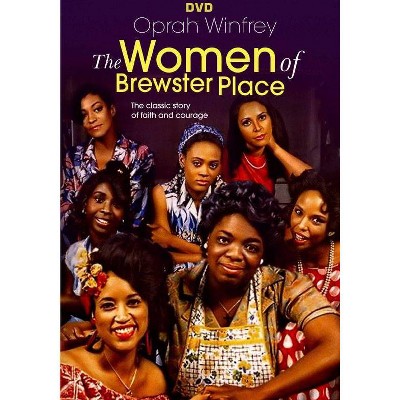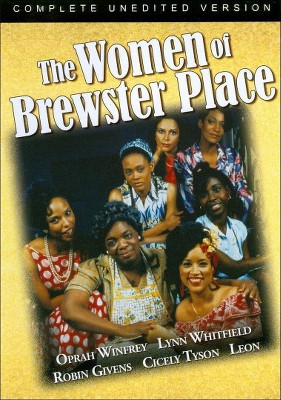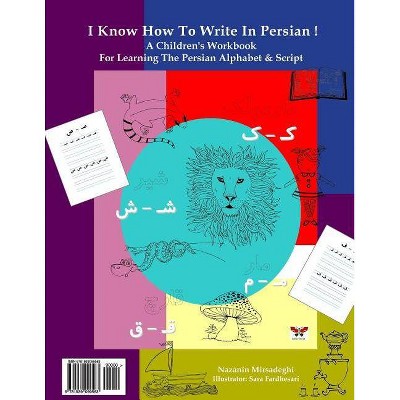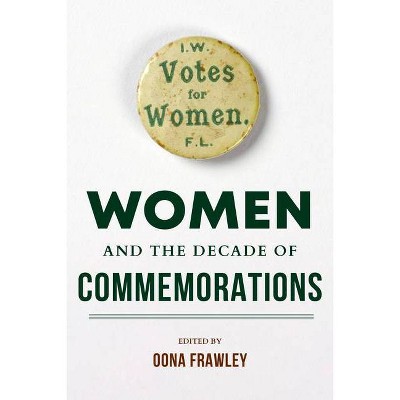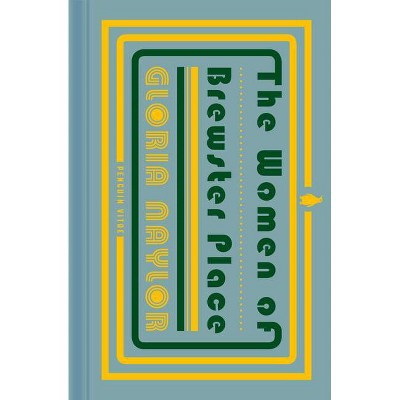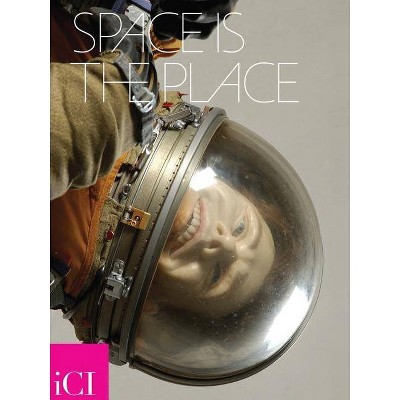Women in Place - by Nazanin Shahrokni (Paperback)
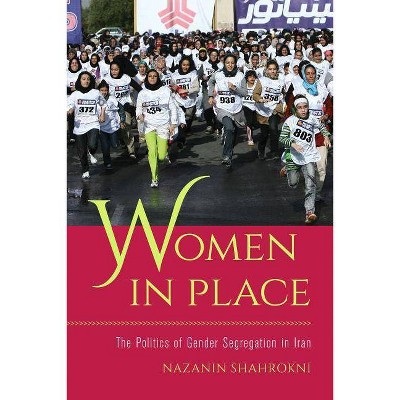
Similar Products
Products of same category from the store
AllProduct info
<p/><br></br><p><b> About the Book </b></p></br></br>"While much has been written about the 1979 Islamic revolution and its impact on life in Iran, discussions about the everyday life of Iranian women have been glaringly missing. Women in Place offers a gripping inquiry into gender segregation policies and women's rights in contemporary Iran. Author Nazanin Shahrokni takes us on a ride in gender segregated buses, inside a women-only park, and outside the closed doors of sports stadiums, where women are banned from attending men's soccer matches. The Islamic character of the state, she demonstrates, has had to coexist, fuse and compete with technocratic imperatives, pragmatic considerations regarding the viability of the state, international influences, and global trends. Through a retelling of the past four decades of state policy regulating the gender boundary, Women in Place challenges notions of the Iranian state as overly unitary, ideological, and isolated from social forces, and pushes us to contemplate the changing place of women in a social order shaped by capitalism, state sanctioned Islamism, and debates about women's rights. Shahrokni throws into sharp relief the ways in which the state strives to constantly regulate and contain women's bodies and movements within the boundaries of the "proper," but simultaneously invests in and claims credit for their expanded access to public spaces"--<p/><br></br><p><b> Book Synopsis </b></p></br></br>While much has been written about the impact of the 1979 Islamic revolution on life in Iran, discussions about the everyday life of Iranian women have been glaringly missing. <i>Women in Place </i>offers a gripping inquiry into gender segregation policies and women's rights in contemporary Iran. Author Nazanin Shahrokni takes us onto gender-segregated buses, inside a women-only park, and outside the closed doors of stadiums where women are banned from attending men's soccer matches. The Islamic character of the state, she demonstrates, has had to coexist, fuse, and compete with technocratic imperatives, pragmatic considerations regarding the viability of the state, international influences, and global trends. Through a retelling of the past four decades of state policy regulating gender boundaries, <i>Women in Place </i>challenges notions of the Iranian state as overly unitary, ideological, and isolated from social forces and pushes us to contemplate the changing place of women in a social order shaped by capitalism, state-sanctioned Islamism, and debates about women's rights. Shahrokni throws into sharp relief the ways in which the state strives to constantly regulate and contain women's bodies and movements within the boundaries of the "proper" but simultaneously invests in and claims credit for their expanded access to public spaces.<br /><p/><br></br><p><b> From the Back Cover </b></p></br></br>"Can women attend sports events held at stadiums? Under what conditions can men and women share public transportation? Why does the state have to provide for women's only facilities? By exploring how these and other questions have been debated and addressed in the past four decades, Shahrokni mobilizes rich ethnographic and archival research to track the ways political struggles produce social space in postrevolutionary Iran. This is a theoretically rigorous work that takes readers through Tehran to challenging analytical and ethical terrains."--Arang Keshavarzian, Associate Professor of Middle Eastern and Islamic Studies, New York University <p/> "Shahrokni's beautifully detailed ethnographic analysis shows how the Iranian state has shifted from enforcing Islamic morality through prohibiting women from public spaces to a more liberal discourse of rights and protection that enforces morality by providing women with gender segregated spaces. This book is a significant contribution to our understanding of sociopolitical change in religious states and gender regimes."--Rachel Rinaldo, author of <i>Mobilizing Piety: Islam and Feminism in Indonesia </i><p/><br></br><p><b> About the Author </b></p></br></br><b>Nazanin Shahrokni</b> is Assistant Professor of Gender and Globalization at the London School of Economics. Prior to establishing an academic career, she worked as a journalist for <i>Zanan</i>, a feminist monthly in Tehran, Iran.
Price History
Price Archive shows prices from various stores, lets you see history and find the cheapest. There is no actual sale on the website. For all support, inquiry and suggestion messagescommunication@pricearchive.us



